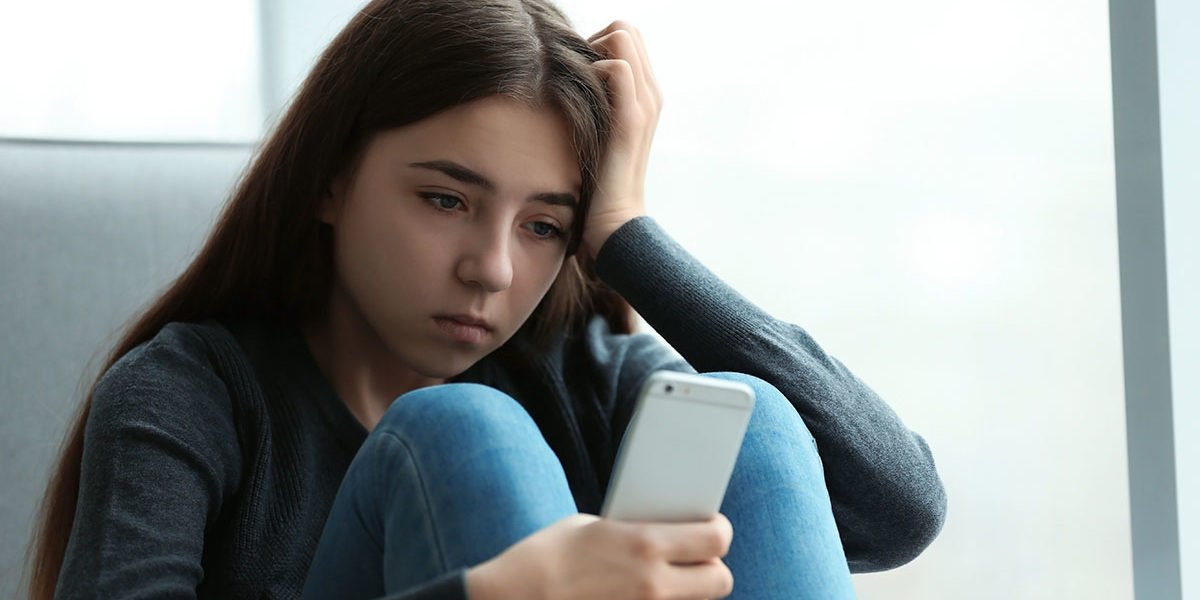
The Dark Side of Social Media: How Most Teenagers Use It Negatively
1. Mental Health Issues
One of the most alarming impacts of social media on teenagers is its association with mental health problems. Studies have shown that excessive use of platforms like Instagram, Snapchat, and TikTok can lead to feelings of anxiety, depression, and low self-esteem. The constant comparison to curated images and seemingly perfect lives can create unrealistic expectations, leaving many teens feeling inadequate or unworthy.
2. Cyberbullying
Social media provides a new avenue for bullying, often in more insidious forms. Cyberbullying can occur through hurtful comments, sharing of embarrassing images, or exclusion from online groups. Unlike traditional bullying, which may be limited to physical spaces like schools, cyberbullying can happen 24/7, leaving victims with no safe haven. The anonymity of online interactions can embolden bullies, making it easier for them to target others without facing direct consequences.
3. Addiction and Distraction
Social media platforms are designed to be addictive, using algorithms to keep users engaged for as long as possible. For teenagers, this can lead to excessive screen time, detracting from important activities such as studying, physical exercise, and face-to-face interactions. The constant notifications and the urge to check for updates can create a cycle of distraction, affecting academic performance and real-world relationships.
4. Distorted Body Image
Many teenagers are exposed to idealized body types and lifestyles through social media. This constant bombardment can lead to body dissatisfaction and unhealthy behaviors, including eating disorders. Influencers and celebrities often promote unrealistic standards, and the pressure to conform can push teens to harmful extremes in pursuit of an idealized appearance.
5. Privacy Concerns
Teenagers often underestimate the implications of sharing personal information online. In their quest for likes and followers, many may share details about their lives that can jeopardize their safety and privacy. Oversharing can lead to potential risks, including identity theft, exploitation, and unwanted attention from strangers.
While social media can offer valuable opportunities for connection and expression, its negative effects on teenagers cannot be overlooked. Parents, educators, and teens themselves must work together to promote healthier social media habits. Encouraging open conversations about online experiences, setting boundaries around usage, and emphasizing the importance of real-world connections can help mitigate these challenges. By fostering a more mindful approach to social media, we can empower teenagers to use these platforms in ways that enhance their lives rather than detract from them.